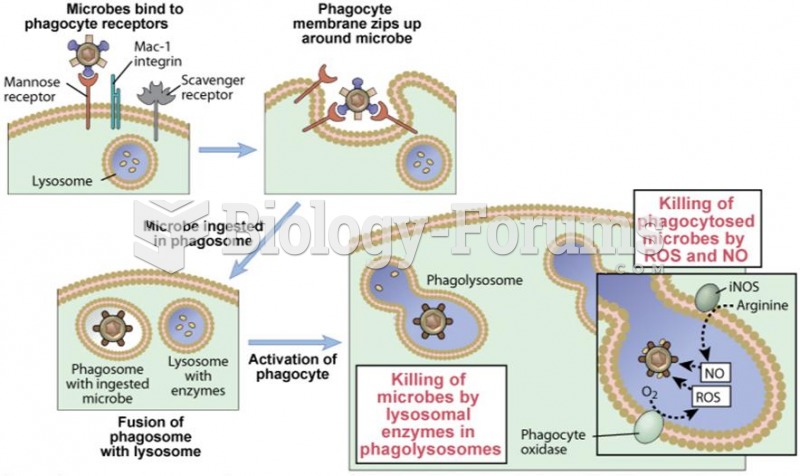|
|
|
Throughout history, plants containing cardiac steroids have been used as heart drugs and as poisons (e.g., in arrows used in combat), emetics, and diuretics.
The liver is the only organ that has the ability to regenerate itself after certain types of damage. As much as 25% of the liver can be removed, and it will still regenerate back to its original shape and size. However, the liver cannot regenerate after severe damage caused by alcohol.
In 1864, the first barbiturate (barbituric acid) was synthesized.
The human body produces and destroys 15 million blood cells every second.
The top five reasons that children stay home from school are as follows: colds, stomach flu (gastroenteritis), ear infection (otitis media), pink eye (conjunctivitis), and sore throat.
 Cranial capacity has increased approximately fourfold over the last 3.5 million years of hominin evo
Cranial capacity has increased approximately fourfold over the last 3.5 million years of hominin evo
 a) Avoid placing the face cradle too high because it hyperextends and strains the neck. b) When the ...
a) Avoid placing the face cradle too high because it hyperextends and strains the neck. b) When the ...





